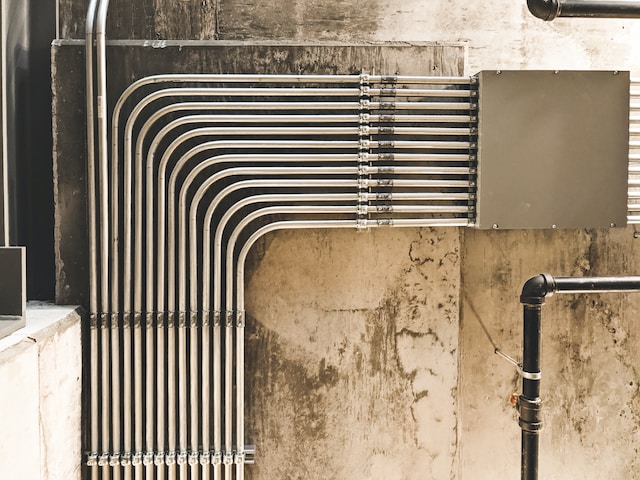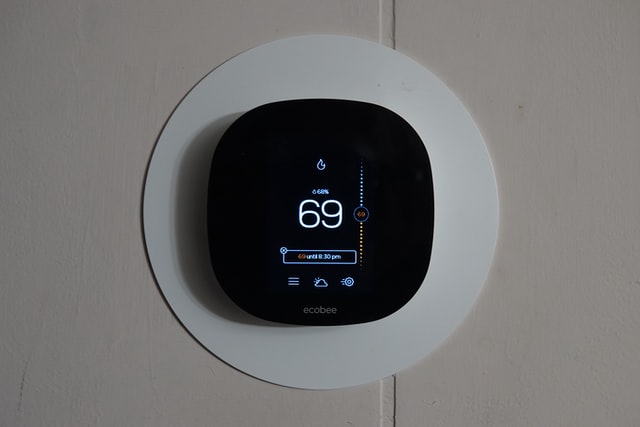
How to Choose the Right Residential Water Heater for Your Home
Choosing the right residential water heater for your home can significantly affect energy efficiency. Here are some things to consider when deciding which will work best for you.
Size
The water heater size should be based on your household’s peak hour demand, which is how much hot water you use in a particular hour.
The size of the residential water heaters San Francisco CA, needed for your home depends on several factors, including the number of people in the household and how much hot water you use. Generally, larger families should choose a tank with a higher capacity than smaller ones.
A family of four uses between 200 and 400 gallons of hot water daily. A household with two or three people will need a 30 to 40-gallon tank.
Likewise, a family with five or more people may need a 50-gallon or even a 60-gallon tank.
First, calculate your peak hour demand to find the exact size of your water heater. This refers to the most intense hot water use during your daily routine.
Energy Efficiency
When shopping for a new residential water heater, choosing the right one that satisfies your hot water needs and has energy efficiency that saves you money on your utility bill is essential. You may have to pay a little extra for higher energy efficiency, but these savings will add up over time.
Electric water heaters are more energy efficient than gas boilers because they retain the temperature of the water better and heat the water faster, using less fuel overall. Some electric models can even be solar-powered to use the sun as a power source.
Other efficient options include indirect water heaters, which supply both space heating and hot water, and integrated “combi” water heaters that combine water and space heating in one appliance. You may qualify for rebates when installing these types of systems.
Fuel Source
Various fuels, including natural gas, propane, fuel oil, and electricity, can power water heaters. The primary considerations when choosing a fuel type are availability, initial installation costs, and energy costs associated with that fuel.
Electricity is the most common energy source for residential water heating. It powers conventional storage, tankless heat pump, and hybrid water heaters.
Another energy source for water heating is solar energy, a combination of solar and heat pumps. In addition, alternative energy, such as geothermal heating or hot water heat recycling, may be employed.
Gas is a widely distributed energy source, sometimes considered cleaner than electricity or nuclear power. However, there are also some drawbacks to using natural gas as a fuel for your water heater. You must ensure your gas supply is appropriately installed and vented to the outside to reduce carbon dioxide emissions.
Warranty
A residential water heater warranty is a type of service contract that protects homeowners from the expense of unexpected breakdowns. It offers additional coverage that home insurance and builder warranties don’t cover, including repairs or replacements of critical systems and appliances in a home.
Typically, a residential water heater’s warranty will last between six and 12 years, depending on the specific brand and usage. If you’re purchasing a new residential water heater, make sure that you choose one with the most extended warranty period available.
A manufacturer’s warranty on a water heater usually covers problems that result from defects in the materials it was built from or defective workmanship. It won’t cover any problems caused by normal wear and tear.





